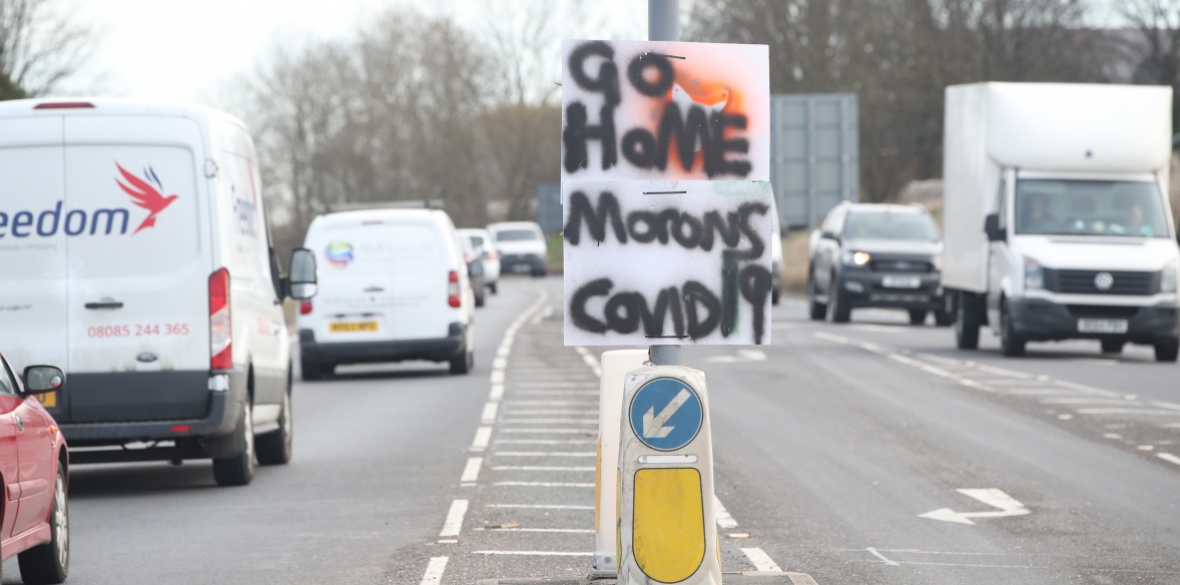IT’S a blame game. It is quite right for government ministers and media pundits to criticise that section of the public that doesn’t yet get the essential truth that socialising has to stop.
But it is the mixed messaging, following on the counter-productive advice proffered in the first days of this coronavirus crisis that is largely responsible for the confusion.
That, combined with the failure of government to tell the precariously employed and self-employed (often the same people in our deregulated labour market) that they have an assured income.
Belatedly the word is getting through that social distancing measures — practically, this means staying at home, going out only for the most essential tasks and maintaining a two metre distance from anyone with whom you do not share a home — are not about protecting yourself but about protecting everyone else, most especially the elderly and infirm.
We can speculate why the government was unable to break out of its wrongheaded mindset for so long.
We can search in the utterances of the Prime Minister’s principal advisers until primitive eugenicists cease to speculate on the optimum structure of the Civil Service, and we will not come up with a more convincing explanation than that offered by Karl Marx: “It is not the consciousness of men that determines their being, but, on the contrary, their social being that determines their consciousness.”
For that tiny class of people born into privilege — educated privately, accustomed from an early age to have their every need catered and brought up in the knowledge that irrespective of whether they choose to work or not that they can be assured of a living — it takes a conscious leap of imagination to understand how we live and how we think.
But with this government of the privileged we have a daily object lesson in how they think.
The very first thought that came into their heads — unbidden, spontaneous and rooted deep in their worldview — was the absolute imperative to protect the banks and big business.
Every step since then has been brought about by public pressure, scientific argument and evidence and their growing understanding that their world is no longer.
Labour’s sensible call for the mobilisation of the advertising and public relations industry to help educate people and shape human behaviour would in normal circumstances call up images of Jeremy Corbyn as the handmaiden of a sinister conspiracy to manipulate minds.
Today it is a common-sense measure to ensure that the coronavirus infection curve is flattened sufficiently to allow our denuded NHS to deal with the exponential growth of infection caused by the dilly-dallying and daft advice given out in the early stages of this crisis.
If banks can be refinanced, railways renationalised, private hospitals sequestered and millions of businesses bailed out with grants, payroll subsidies and rate relief then it is just as easy to imagine that the entire superstructure of media, advertising and opinion-forming be taken out of the hands of the tiny handful of obscenely rich people who own and control them and repurposed for public enlightenment.
If we can collectivise major parts of the economy, however temporary this might be in the minds of our masters, then there is no reason why the same cannot obtain for the media and its associated industries.
At the end of this episode in human history no practical measure which does not serve our collective wellbeing will be easily accepted.
When we contemplate the changed contours of our national economy we must revisit the idea that the mass media should be in the hands of the masses.












